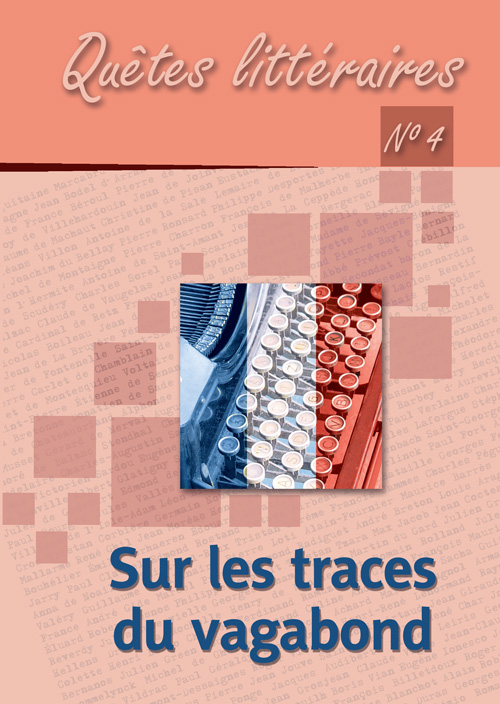Le vagabondage moderne dans le théâtre de Henri-René Lenormand
Modern wandering in the French theatre in the first half of the 20th century
Author(s): Tomasz KaczmarekSubject(s): Language and Literature Studies, Literary Texts, Studies of Literature, Comparative Study of Literature, French Literature, Theory of Literature
Published by: Katolicki Uniwersytet Lubelski Jana Pawła II, Instytut Filologii Romańskiej & Wydawnictwo Werset
Keywords: expressionism; Henri-René Lenormand; modern wandering; August Strindberg; crisis of values; station drama
Summary/Abstract: The motif of the wanderer is not new in the French theatre, but in the first half of the twentieth century due to the general crisis of values, some authors refer to it in order to display the plight of modern man. One of them is H.-R. Lenormand, an author not very well-known to a wider audience nowadays, who under the influence of Strindberg writes plays which refer to the expressionist aesthetics. He creates a lot of works in which he employs the technique of the station drama.. It is this form that allows him to focus on the evolution of the character and his metamorphosis. While in Les Ratés he shows buffoons heading for the brink of despair and finally their certain death, in L'Homme et ses Fantômes he focuses on the inner journey of the main character, who is looking for the reason for his suffering in his own soul.
Journal: Quêtes littéraires
- Issue Year: 2014
- Issue No: 4
- Page Range: 76-84
- Page Count: 9
- Language: French

